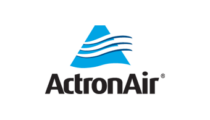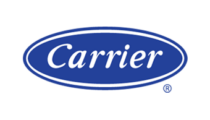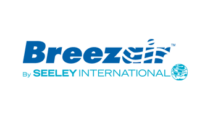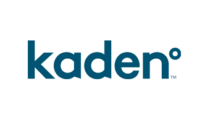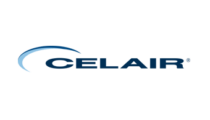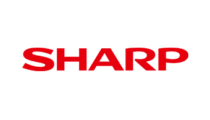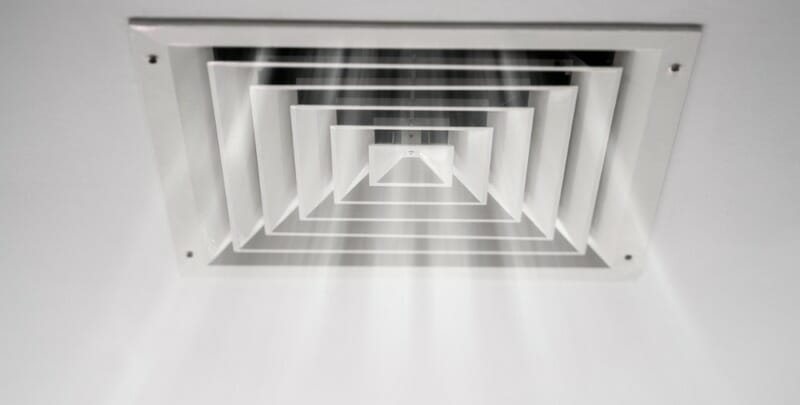
How Regularly Should I Have Duct Cleaning Done?
Any homeowner with a ducted heating or cooling system understands the importance of duct cleaning. It’s a crucial part of the maintenance process that enables your air conditioner to continue providing fresh, climate-controlled air all year round.
By having your air ducts professionally cleaned on a regular basis, you’ll ensure the warm air you receive in the winter and the cooled air you enjoy in the summer remains clean and healthy.
So, how regularly should duct cleaning be done? Let’s take a look at just why proper cleaning of the ducts in your air conditioning system is so important.
The Ideal Air Duct Cleaning Frequency
To ensure optimal performance from your heating, ventilation and air conditioning (HVAC) system, the recommended duct cleaning frequency is once every two to five years.
How do you determine which end of the frequency scale best suits your needs though? There’s no straight, one-size-fits-all answer to this question. Just how regularly heating and cooling systems need duct cleaning depends on a number of factors including:
- The number of people living in your home
- Whether there are any pets and if they shed hair or fur
- If there are any smokers in the home
- Whether there has been any remodelling or renovating in the home
- The age of the home
- If the vents are installed in the floor instead of the walls
- How regularly the occupants clean the house, and the level of clutter in it
These will determine whether you need your home’s heating and cooling ducts cleaned closer to every two years, or whether you can run on a five-yearly schedule.
You may also need to consider more frequent air duct cleaning of your HVAC system if you have toddlers or elderly people living in your home, and whether anyone is adversely affected by allergies or respiratory issues.
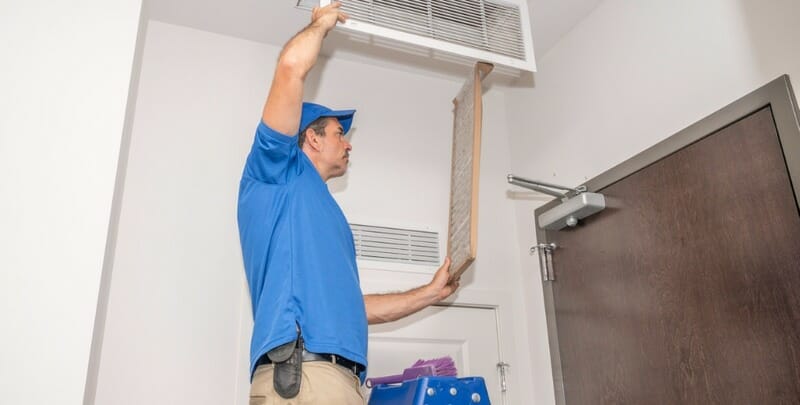
Why Do I Need My Air Ducts Cleaned?
Quite simply, a clean air duct is a healthy air duct. They can accumulate a lot of dust and debris that the air passing through the ducts picks up as it disperses throughout your home.
Even a light amount of dust and debris can act as an allergen that can affect the occupants of your home as the air is pumped through the vents.
Anyone in your house with allergies or respiratory problems can potentially exacerbate those health problems simply by breathing in the air from an air conditioner with dirty ducts.
Rodents, insects and other pests can also make a home in your air conditioning ducts, leaving waste matter and contaminating the air quality moving through your home.
Regular cleaning of your air ducts can also minimise the growth of mould spores which, if breathed in, can trigger some potentially harmful respiratory problems within occupants of the house.
The Benefits of Regular Air Duct Cleaning
Duct cleaning is a vital part of maintaining your heating and cooling system and improving indoor air quality. The benefits of keeping to a regular cleaning schedule are numerous, and include:
- Health benefits – when you remove dust, dirt and other dangerous allergens, you reduce the risk of allergic reactions and other respiratory problems.
- Keeping the house clean – Removal of the same dust that would otherwise become household dust, therefore reducing the need to clean.
- Goodbye to visible evidence of mould – minimising the growth of harmful mould spores and bacteria, thus improving the air quality inside.
- More energy efficient – your system’s efficiency will improve as your air conditioner will save energy due to not needing to work as hard.
- Improve airflow – more dust removed from the air ducts means a better performing HVAC system.
- Improved lifespan for your air conditioner – duct cleaning reduces the likelihood of air con malfunction caused by dust, dirt and debris.
- Reduce odours – Removal of any dead insects or rodents that leave unpleasant decaying smells that permeate the house through the air vents.
Regular cleaning of your duct system will ensure the quality of the air in your home remains at its best. Your air conditioner can continue to perform to the highest standard with optimal energy efficiency, whilst maintaining your family’s health.
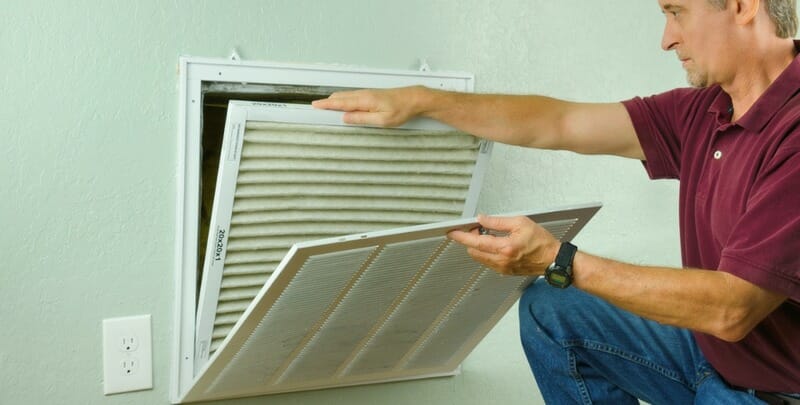
How Will I Know My Ducts Need Cleaning?
First and foremost, if you haven’t had your ducts cleaned in the last two to five years, now is the time to book an appointment with an experienced duct cleaner.
There are other indicators to keep an eye – or in this case a nose – out for that will tell you it’s time to put your air conditioner through a detailed duct cleaning.
- If you notice a cloud of dust coming from the vent when you turn on your HVAC system
- Unpleasant smells coming from the ducts pointing to decomposed insect or rodent debris
- Clogged air filters indicating a buildup of dust, dirt and other debris
- Discolouration around the vents and duct surfaces potentially indicating visible mould growth and presence of mould spores in the air ducts
- A musty smell may also indicate the existence of mould in your system
- The air con coil and other internal components are dirty and clogged with debris
- Air flow coming from the air ducts is uneven
- Any family members in the home are experiencing an increase in allergies or respiratory problems
If you notice any of these tell-tale signs, then it’s time to take action towards having clean air ducts in your home.
Can I Clean My Ducts Myself?
When it comes to having your air ducts cleaned, we recommend having an experienced technician take care of the job for you.
That way you can ensure the cleaning of the air ducts across the entire system is completed thoroughly and comprehensively. After all, clean ducts help build a healthy living space.
Experience and knowhow certainly count when it comes to proper, professional cleaning. To ensure you enjoy fresh, clean indoor air and a perfectly working heating and cooling system, there is no better time than now to make dirty air ducts a thing of the past.
For expert duct cleaning services, have a trusted Metropolitan Air Conditioning heating and cooling technician take care of your air duct cleaning today.
Please note: This information is provided for advice purposes only. Regulations differ from state to state, so please consult your local authorities or an industry professional before proceeding with any work. See our Terms & Conditions here.
Published: 2022-11-10





